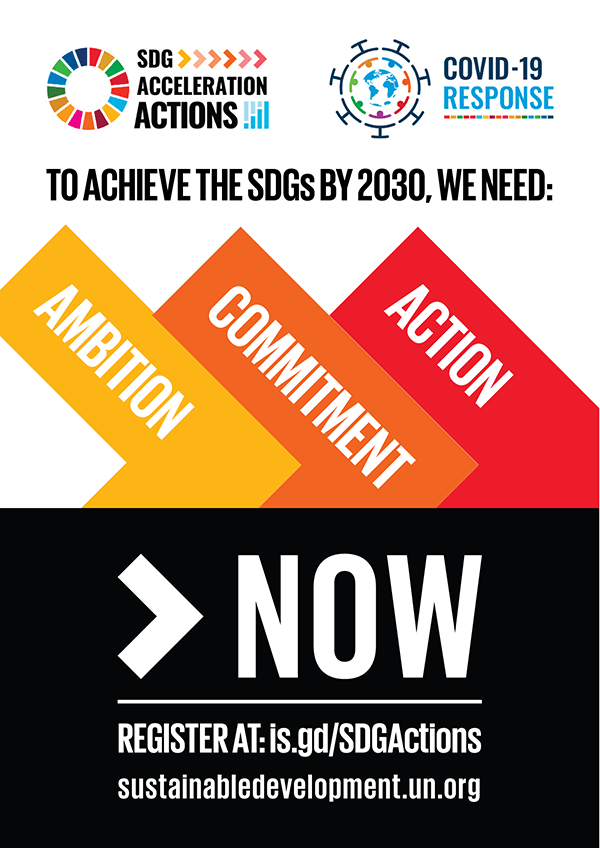Human beings like to think that we are free, that our tastes, preferences and decisions are born of the idea of free will, that it makes us independent and seduces us, yet reality shows that there are many realities that unwrak us, that they decide for us before we realize it, and that this is inevitable.
We were born in a certain place and at a certain time, to be part of this society in which we have come into the world, we must adopt the rules that prevail there, most of these rules are adopted by us without a doubt, without a doubt. treating them consciously. In the process of adaptation, we assimilate and incorporate them, treating them as “the natural”.
- “The usual chains.
- In general.
- Are not strong to feel.
- Until they become too strong to break.
- “- Samuel Johnson-.
Often, these standards are the result of a collective rationality that seeks the general good, sometimes not. In this sense, they become realities that catch us and that we still do not stop to think about whether they bring any benefit. See below for the five most common ones.
Value systems are a set of ideologies or moral principles that indicate what is right and what is wrong with a given society. It also includes a type of “ideal human being” prototype. For example, someone who is hardworking, intelligent, handsome, etc. .
These values have been transmitted since we were born. This task is fulfilled first by the family and then by social institutions. Sometimes we think that the values that prevail in our society are the only or the best, but it is not always like this.
Certain values, such as solidarity, seek to foster their evolution, while others, such as blind obedience, are only realities that un bring us together.
Fashions gained unusual power, mainly from the second half of the 20th century; of course, they have a lot of time of existence, but it was at the time of the industrial revolution that they became an important factor in people’s lives.
Modes are a way to promote identification with the group. They give us a sense of belonging and have become binding realities when adopted indiscriminately or even against our own tastes or preferences. Also when they are the result of an overwhelming desire for acceptance.
As with values, there are customs that we have followed since we were born, which help us to integrate into a society and accept its norms, but they can also limit us and hinder our development.
Customs, as well as basic hygiene habits, are positive because they help us preserve health, on the other hand, customs such as the obligation to marry before the age of 15 may not be beneficial, the important thing, in all cases, is to emphasize that we always have the opportunity to evaluate these customs that we follow and decide whether we maintain them, or modify them , at our discretion.
People play specific roles within a group, that is, the role that the group assigns to a person, there are roles of different types, and each is governed by certain standards, people are expected to act according to their role, for example. , in the family, there may be different expectations for each child.
Roles become realities that hold us back when we are not aware of them and passively embrace them. This, for example, has a big impact on the role of gender.
If you simply accept that you have to behave in a certain way because you are male or female, whatever the logic, you can limit your personal growth.
Stereotypes are mental patterns that apply to individuals or groups, include a set of ideas or standards about what that person or group means, are prejudices, that is, ideas that apply to a reality before reasoning about its truthfulness or falsehood.
Stereotypes lead us to think or act automatically, often incorrectly. For example, a man who wears an expensive suit may also seem important and reliable; on the other hand, a careless person may seem dangerous or unworthy; reality can be the other way around. .
All these realities that catch us filter into our consciousness and determine, to a large extent, how we see the world, it is always positive to rethly rething everything that has been transmitted to us, so that we can assess whether it really benefits us. or if it really limits us.

